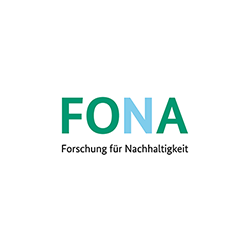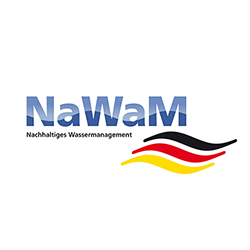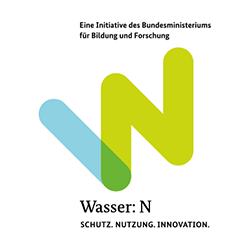Point-of-Use Re-Use: Decentralised agricultural reuse of domestic wastewater to reduce competing uses
Background:
The PU2R joint project is concerned with the decentralized treatment of collected domestic wastewater and its use for crop irrigation. Seven institutes/companies, together with the Federal Environment Agency, are investigating the potential and possible risks of decentralized water reuse.
Climatic changes are increasingly leading to regional water shortages, which may result in competing uses. Decentralized treatment of domestic wastewater and its use for agricultural irrigation can relieve natural water resources and use wastewater as a valuable resource directly on site. Demand-based treatment is intended to minimize risks to humans and the environment from pathogens or pollutants.
As part of PU2R, wastewater collected in drainless pits in many towns in Brandenburg is treated with the help of a mobile plant and used for irrigation in a field. Extensive chemical and microbiological analyses are used to identify potential risks to humans, the environment and the irrigated crops. Transport and transformation processes are investigated in supplementary laboratory and lysimeter tests. The data obtained will be used for site-independent modeling. Together with further data collection and dialogue processes, the investigations in PU2R allow an estimation of the potential of decentralized water reuse in Brandenburg and other national and international regions.
Aims:
In PU2R, a mobile decentralized treatment process, which meets microbiological and chemical requirements for crop irrigation and at the same time enables the preservation of nutrients in the water, will be developed. Under laboratory conditions, in lysimeter experiments and in the field, plant growth will be investigated and optimized with the help of adapted irrigation systems. Chemical and microbiological analyses are used to investigate the contamination of water, soil and plants with trace substances, bacteria (including resistance) and viruses. Using reactive transport modeling, a quantitative prediction tool will be developed.
Data collection and dialogue processes with different stakeholders form the basis for a determination of the regional and supra-regional potential of decentralized water reuse. The comprehensive research activities and surveys enable a scientifically sound assessment of possible risks and a derivation of resulting requirements and measures for risk management, which could be incorporated into regulatory processes and standardization activities.



